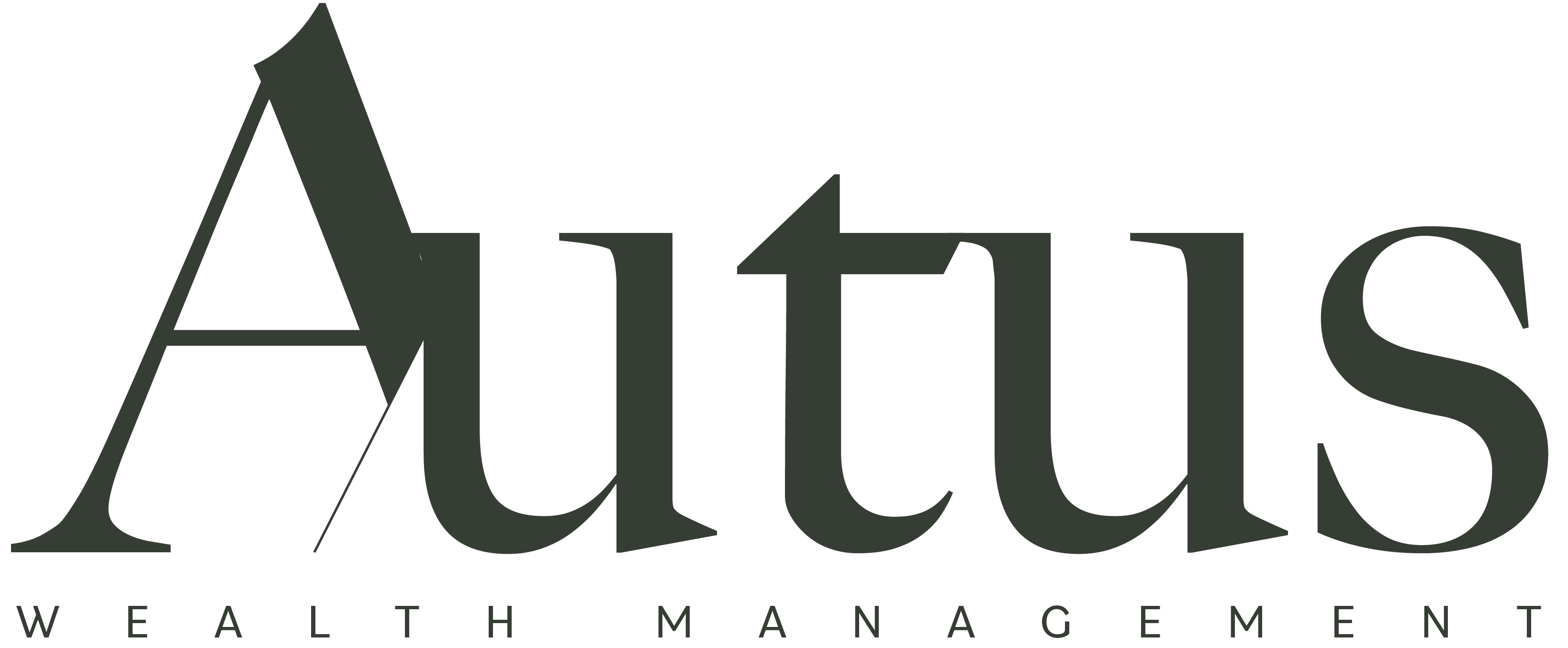With the summer in full swing it’s the perfect time to get a head start on filing your self assessment, leaving this to the last minute & rushing can result in errors. Each year, taxpayers identify mistakes in their returns, ranging from minor to significant, which can lead to fines or, in extreme cases, legal consequences for tax evasion. Recognizing where other self-employed individuals commonly make mistakes can help you file accurately.
Incorrect UTR or NI Number
Your Unique Taxpayer Reference (UTR) and National Insurance (NI) number are essential identifiers. Mistakes here can complicate your filing. These numbers can be found in your Personal Tax Account, previous tax returns, or HM Revenue & Customs correspondence. Verify these numbers carefully for accuracy when entering them into your tax return.
Not Reporting All Taxable Income
You must declare all sources of income on your Self Assessment tax return. This includes not only your business income but also:
- wages from employment (UK or overseas)
- tips and commission payments
- rental income (UK or overseas)
- savings interest
- share dividend payments
- pension payments (UK and overseas)
- state benefits (e.g., maternity pay)
- capital gains from selling taxable assets
Failing to report any of these can lead to underpayment of Income Tax and National Insurance contributions. If you are uncertain, contact HMRC for guidance.
Missing Supplementary Pages
Different income sources require specific supplementary pages along with the main tax return (SA100). For instance, self-employed individuals use the SA103, while rental income or capital gains have their own forms (SA105 and SA108, respectively). Visit Gov.uk for the complete list of supplementary pages relevant to your income sources.
Overlooking Allowable Expenses
Many self-employed business expenses are deductible before your tax is calculated. Forgetting to claim these allowable expenses results in paying more tax than necessary. Ensure you record these expenses accurately on your SA103. Visit Gov.uk for a summary of allowable expenses if you’re self-employed.
Mistakes in Ticking Boxes
Rushing or unfamiliarity with the tax return process can lead to ticking incorrect boxes. Carefully read the guidance notes and consider using tax filing software to minimize errors.
Pension Contribution Errors
Pension contributions should be summarized in the tax reliefs section of the SA100.
Under “Payments to registered pension schemes where basic-rate tax relief will be claimed by your pension provider,” include the total gross value of your personal pension contributions.
On page 4 of the SA100 Self Assessment tax return, fill in boxes 1 to 3 for payments to registered pension schemes and box 4 for payments to overseas pension schemes.
On page 3 of the SA100 tax return, complete boxes 8 to 12 to detail gross UK pensions and annuities received, including lump sums, whether State Pension or private pension.
Correcting Self Assessment Errors
If you discover mistakes after filing, you have 12 months from the deadline to amend your return. For example, errors in the 2022/23 return can be corrected until January 31, 2025. Depending on the error, this may result in additional tax payments or a refund if you’ve overpaid.
Taking the time to ensure accuracy can save you from future headaches and financial penalties.
For more help with your tax queries please get in touch with us for a no obligation call using the contact form below.
The levels and bases of taxation and reliefs from taxation can change at any time. Tax relief is dependent on individual circumstances.

